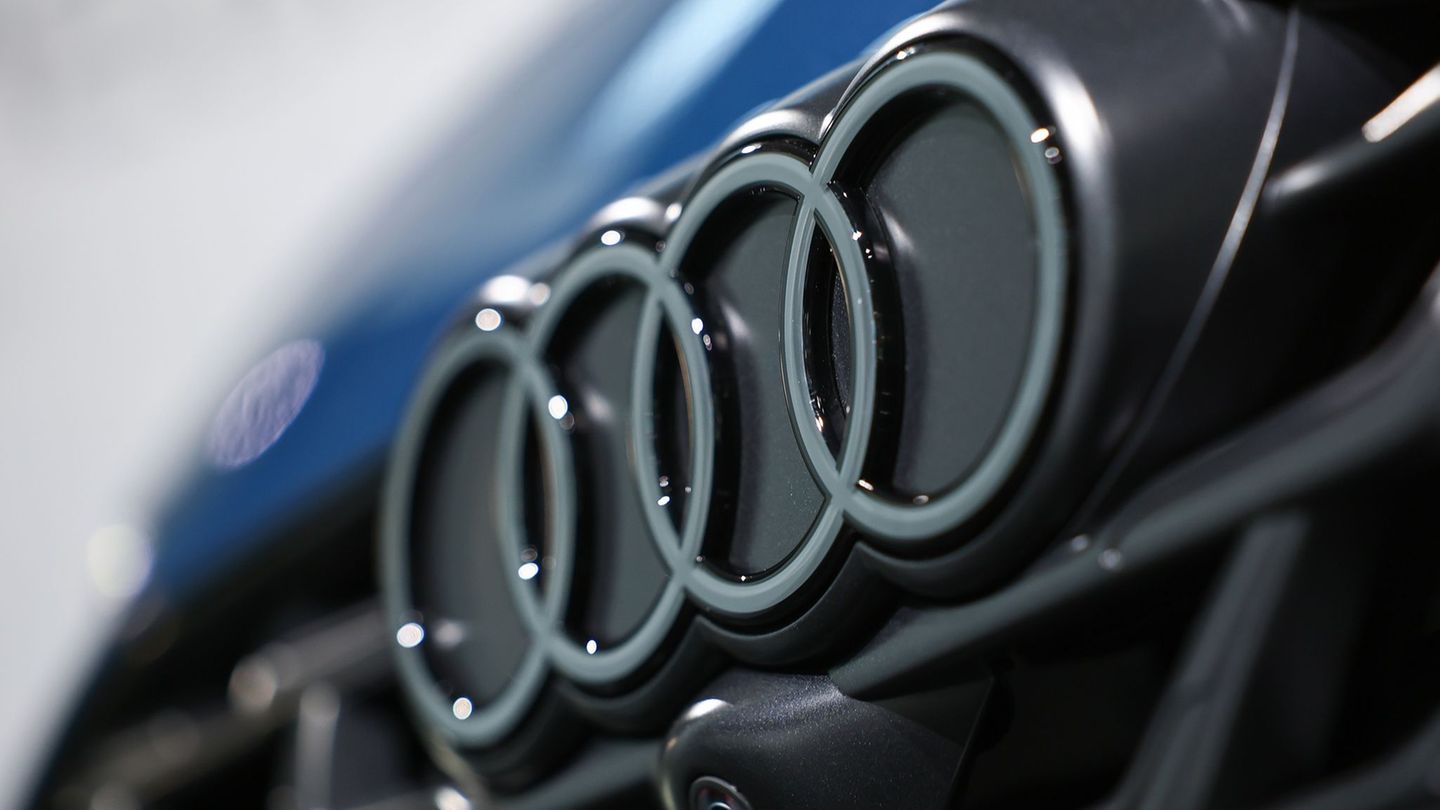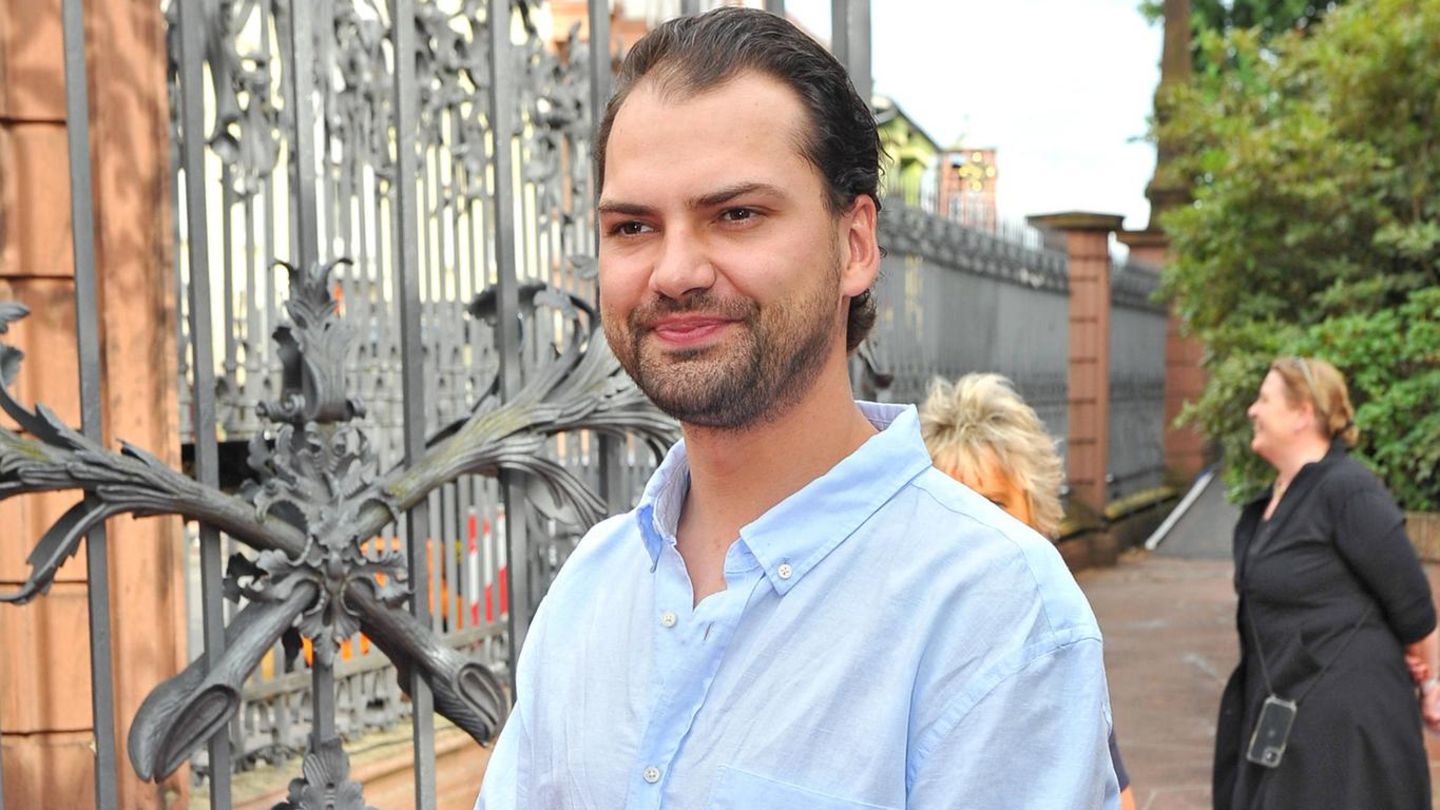The traffic light coalition returned from the summer holidays in a pretty battered state. But now it has pulled itself together again on an important issue – just before the elections in the East. Is this the solution?
It was clear that it would be a difficult late summer and autumn for the traffic light coalition. However, many were surprised that the coalition partners had already disintegrated before the elections in East Germany in September in a way that put all previous disputes in the shade. The SPD chancellor had to get involved in the budget dispute from his summer vacation, the finance minister wrote a letter about aid to Ukraine that unsettled the alliance partners, and in the end the Green Party leader called the traffic light coalition a “transitional coalition”.
Immediately before the two elections, however, the traffic light coalition has pulled itself together again and shown that it is capable of taking action on an important issue without public disputes and weeks of negotiations. On Thursday, the government responded to the suspected Islamist attack in Solingen with a security package that includes, among other things, a tightening of knife bans and cuts in benefits for certain asylum seekers. This was followed on Friday by the deportation of criminals to Afghanistan, which is ruled by the Taliban, as Chancellor Olaf Scholz (SPD) had long promised.
Five percent mark dangerously close for SPD too
Will this help to prevent a major catastrophe for the traffic light coalition in the elections? The starting position in the polls – but before the migration and security decisions – is certainly devastating. The SPD had already achieved its worst results to date in state elections in Thuringia and Saxony in 2019, with 8.2 and 7.7 percent respectively. In all polls, the Social Democrats are now even lower and are dangerously close to the five percent mark.
The Greens also have to fear for their continued presence in the two state parliaments. And the FDP, which narrowly made it into Thuringia in 2019, is now sometimes only listed under the “other parties” in both states because it can no longer get more than three percent. Most recently, not only the AfD, but also the Sahra Wagenknecht (BSW) alliance received more approval in individual surveys than all three traffic light parties combined.
Scholz has so far let election defeats roll off his back
Chancellor Scholz has so far let all election defeats roll off his back. When the SPD achieved its worst result in a national election in more than 130 years in the European elections in May, he strolled through the Willy Brandt House, took selfies with his comrades and declined to comment on the election result with a simple “Nope”. The next day he simply said that the coalition now had to do its job and “prepare itself for the fact that support will continue to grow”.
This time he will probably not get away with it if the SPD undercuts the results of the last two elections or even gets kicked out of one of the state parliaments. Given the bleak prospects for all three parties in a new election, it is still unlikely that the traffic light coalition will give up a year before the regular election date. But the traffic light coalition will have to make it clear to the public what it wants to do with the time it has left before the federal election on September 28, 2025.
There are plenty of outstanding projects: implementation of the growth initiative, pension package, basic child benefit, collective bargaining law, law to promote democracy. And then there are the international crises from Ukraine to the Middle East and the implementation of the migration and security resolutions. The working group announced by Scholz, consisting of the federal government, the states and the Union as the largest opposition force, is to meet for the first time next Tuesday.
AfD has been looking forward to these elections for a long time
The elections in the east will shake up not only the traffic light coalition, but the entire German party system. The AfD has been looking forward to this September for more than a year. In Saxony and Thuringia, and also in Brandenburg three weeks later, it could win one or more state elections for the first time since its founding in 2013. The party sees the vote in the eastern German states as a strategic interim stage. “The sun of government responsibility must rise for us in the east,” says party leader Tino Chrupalla.
The AfD is likely to nominate a candidate for chancellor for the 2025 federal election, but this is more of a symbolic one, as the party, which is being monitored by the Federal Office for the Protection of the Constitution as a suspected right-wing extremist, is not looking to form a national government majority or coalition partner. The party has long been thinking ahead: the super election year of 2029 is firmly in sight, said Chrupalla at the end of June.
Then there will be new elections in Brandenburg, Saxony and Thuringia, and the election for the Bundestag after next is due. The calculation: If the dissatisfaction among the population and the acceptance of the AfD have grown enough by then, their hour could have come.
Wagenknecht as a shooting star?
Sahra Wagenknecht’s BSW could have the steepest start ever for a new party in state elections. It is going into the vote with double-digit poll ratings and could perhaps even join the government. In any case, the CDU and SPD are not ruling out an alliance.
Wagenknecht’s party will see the results as a tailwind for the federal election. The BSW is polling at between eight and nine percent in nationwide polls, while Wagenknecht’s former party, the Left, would fail to clear the five percent hurdle as things stand.
Decision weeks for the Union’s K question
In the CDU, they expect lengthy and complicated discussions about possible government formation. Federal party leader Friedrich Merz has ruled out any cooperation with the AfD and the Left Party – keyword firewall. After the European elections, he initially spoke out against cooperation with the BSW because the party was “right-wing extremist on some issues, left-wing extremist on others”. Only under pressure from East German CDU state leaders did he give in and leave the decision to the state parties.
The decision-making weeks are approaching on the K question, which Merz and CSU leader Markus Söder want to clarify in late summer. The CDU’s motto is that Merz will be the candidate for chancellor if he wants to be. And everyone assumes that this will be the case.
But it could get exciting if the CDU has to cope with unexpected setbacks – after all, Merz himself was heavily involved in the election campaigns. Or if some in the regional associations do start to chip away at the AfD firewall. One of Merz’s predecessors – Annegret Kramp-Karrenbauer – lost her job due to such a discussion. CSU leader Söder, who it is an open secret that he considers himself the better candidate for chancellor, is likely just waiting for such turbulence.
Source: Stern
I have been working in the news industry for over 6 years, first as a reporter and now as an editor. I have covered politics extensively, and my work has appeared in major newspapers and online news outlets around the world. In addition to my writing, I also contribute regularly to 24 Hours World.




